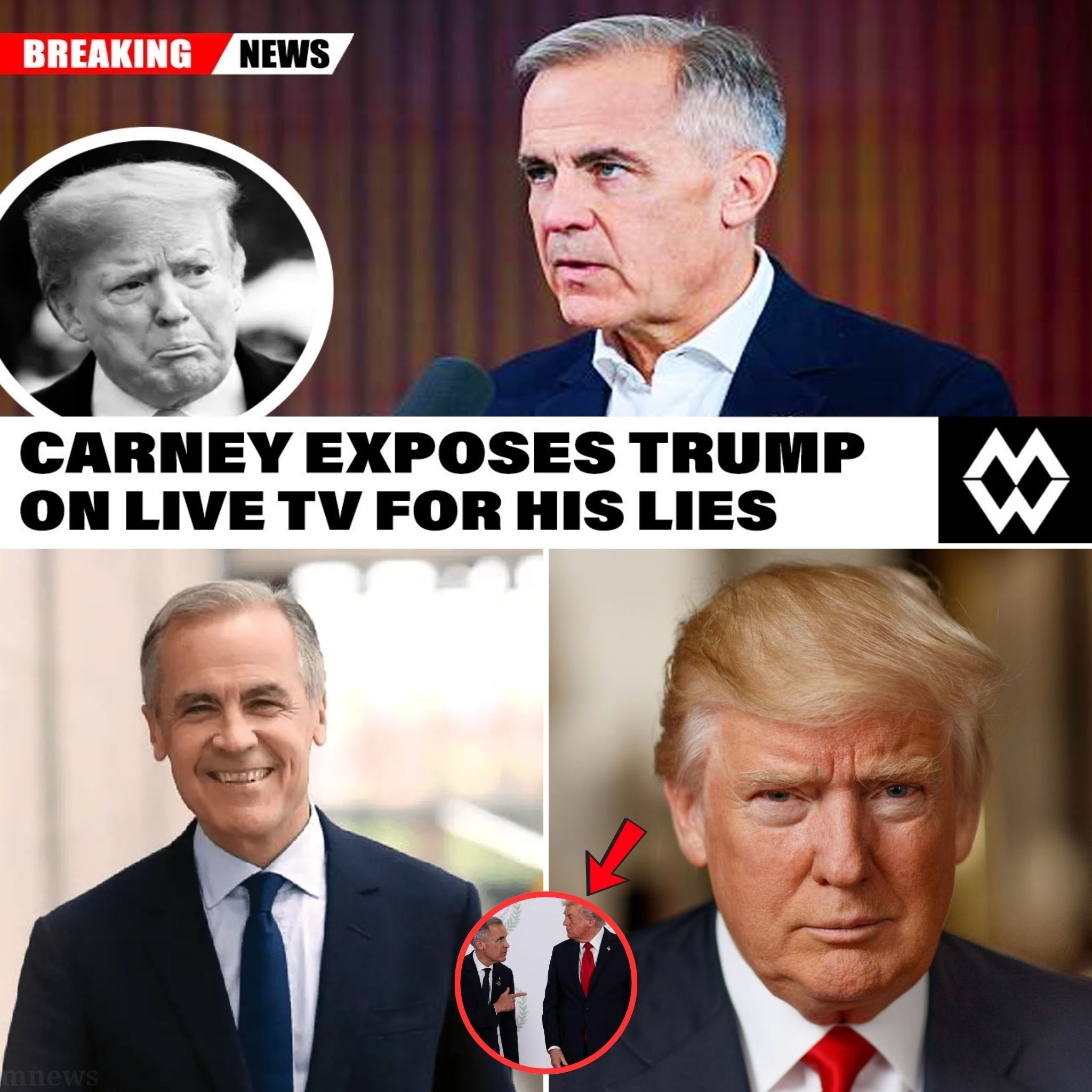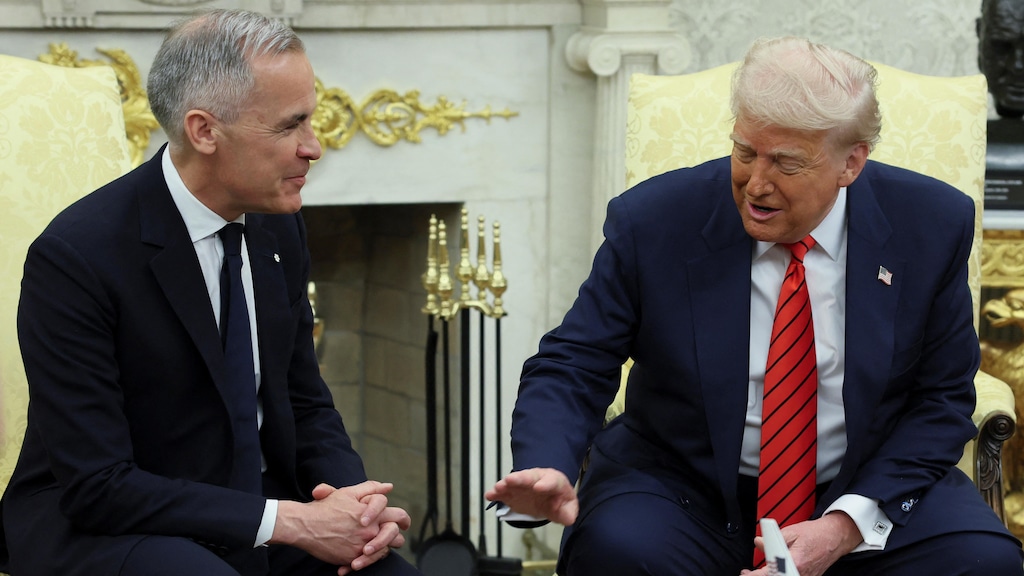In a shocking and abrupt move, President Donald Trump has terminated all trade negotiations with Canada, igniting a fierce backlash from Canadian leaders and raising alarms about the future of U.S.-Canada economic relations. The catalyst for this unprecedented decision? An anti-tariff advertisement funded by the province of Ontario has been airing on major U.S. networks.

The advertisement, which criticizes high tariffs and quotes former President Ronald Reagan on protectionism, has been labeled by Trump as a misrepresentation of history and an illegal attempt to influence U.S. trade policy. In a series of tweets, Trump claimed that Canada had been “cheated” and accused them of distorting Reagan’s stance on tariffs, asserting that the former president was a proponent of such measures.
This dramatic termination of negotiations marks a significant departure from the historically collaborative approach that has defined U.S.-Canada trade relations for decades. Canadian Prime Minister Mark Carney responded with measured firmness, reiterating Canada’s readiness to resume talks but firmly rejecting any diminished role in negotiations. He emphasized that the longstanding partnership cannot be leveraged for political theater.
Behind this headline-grabbing incident lies a complex web of tensions. Trump’s administration has increasingly framed trade policy in terms of national security and leverage, complicating traditional negotiations with questions of trust and political optics. The Ontario ad has struck a nerve, undermining Trump’s narrative that tariffs are essential tools of U.S. economic strategy.
Industry analysts warn that the fallout from this decision could be severe. The suspension of trade talks threatens to raise costs for American consumers and disrupt critical supply chains, particularly in the automotive sector. For Canada, the implications are equally daunting, as it risks losing preferential access to the U.S. market and must pivot quickly towards new trade strategies.
Carney has indicated that Canada is prepared to diversify its trade relationships, with plans to significantly increase exports to markets beyond the U.S. over the next decade. This strategic pivot underscores a growing realization that the dynamics of trade relations are shifting, with respect and historical context becoming increasingly relevant.
The incident serves as a stark reminder that trade policy is not merely about tariffs and numbers; it is deeply entwined with national identity, respect, and political narratives. As the dust settles, the pressing questions remain: Will the U.S. soften its stance and re-engage in negotiations? Will Canada accelerate its diversification efforts? And how will businesses adapt to an environment where trade relations are fraught with uncertainty? The answers to these questions will shape the future of North American trade and economic stability.






